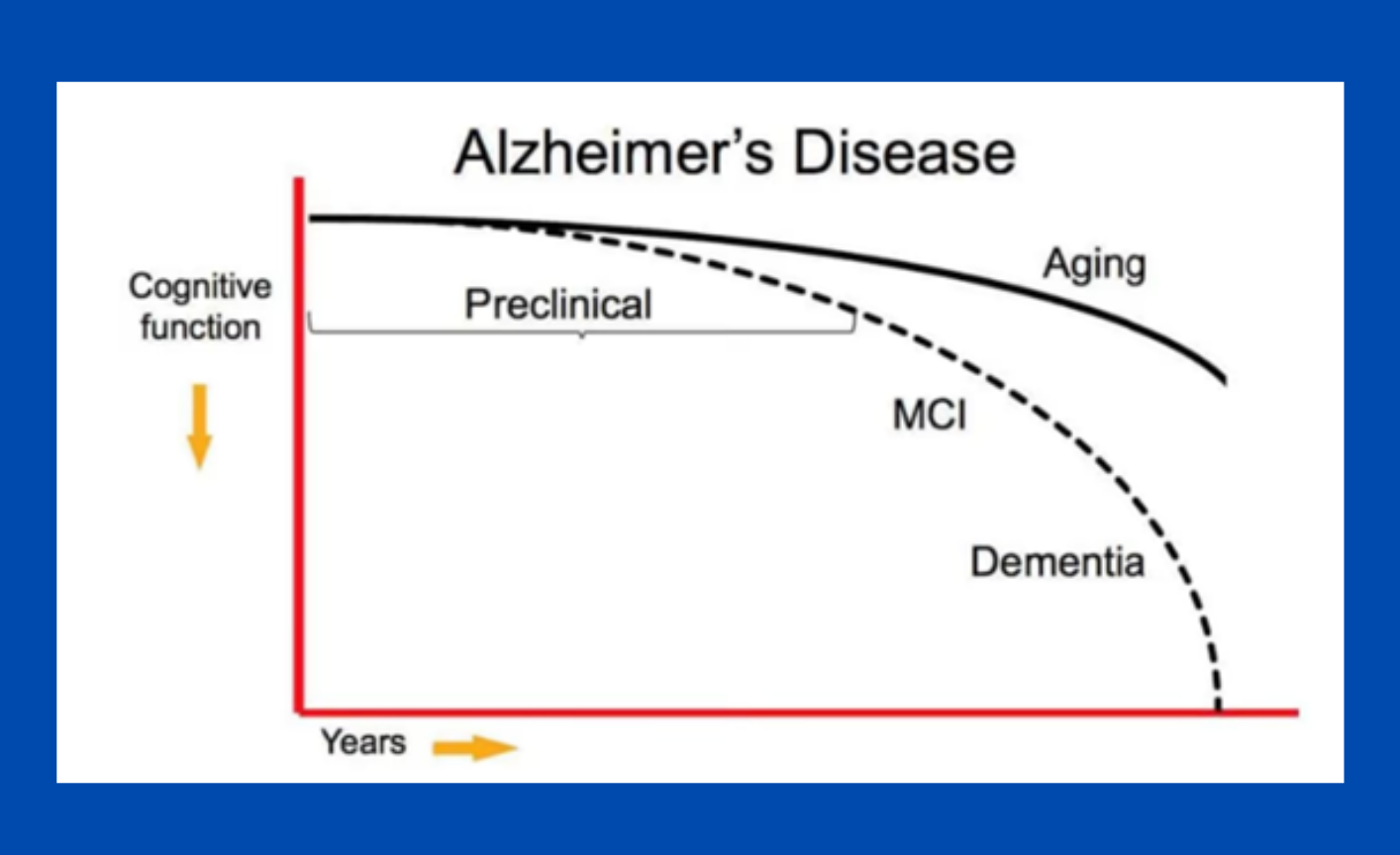Physical and Psychological Health Deterioration of Older Adults with Alzheimer’s Disease
Keywords:
Alzheimer’s disease, physical and psychological problems, older adultsAbstract
Alzheimer's disease (AD) constitutes a significant global public health challenge, with projections indicating a substantial rise in prevalence in the forthcoming years. This paper offers a comprehensive synthesis of current data and research findings on AD, focusing particularly on global and regional perspectives, with emphasis on Asian countries such as South Korea and Thailand. It examines the complex physical and psychological manifestations of AD in older adults, including cognitive impairment and behavioral changes, and explores the underlying neurobiological mechanisms. Furthermore, it discusses interventions aimed at addressing cognitive deficits, behavioral disturbances, and psychological well-being in individuals with AD, highlighting the importance of early detection and holistic care approaches. Understanding the multifaceted nature of AD and implementing targeted interventions tailored to the needs of affected individuals and their caregivers are crucial steps in alleviating the burden of this debilitating neurodegenerative condition on individuals, families, and society.
References
Allaire, J. C., & Marsiske, M. (1999). Everyday cognition: age and intellectual ability correlates. Psychology and aging, 14(4), 627.
Alzheimer’s Disease International. (2022). World Alzheimer’s Report 2022. https://www.alzint.org/resource/world-alzheimer-report-2022/. Retrieve 25 November 2022.
Andreescu, C., Butters, M. A., Begley, A., Rajji, T., Wu, M., Meltzer, C. C., ... & Aizenstein, H. (2008). Gray matter changes in late life depression—a structural MRI analysis. Neuropsychopharmacology, 33(11), 2566-2572.
Beatty, W. W., Winn, P., Adams, R. L., Allen, E. W., Wilson, D. A., Prince, J. R., ... & Littleford, D. (1994). Preserved cognitive skills in dementia of the Alzheimer type. Archives of neurology, 51(10), 1040-1046
Braak, H., & Braak, E. (1996). Development of Alzheimer-related neurofibrillary changes in the neocortex inversely recapitulates cortical myelogenesis. Acta neuropathologica, 92(2), 197-201.
Capucho, P. H. F. V., & Brucki, S. M. D. (2011). Judgment in mild cognitive impairment and Alzheimer's disease. Dementia & neuropsychologia, 5, 297-302.
Chalit C., Winai P., & Teeranun, T. (2022). Guidelines for Protecting the Elderly from Dementia. Guidelines for Protecting the Elderly from Dementia. Academic Journal of Community Public, 8(2), 8-15. doi: 10.1016/S2468-2667(21)00249-8
Duke, L. M., & Kaszniak, A. W. (2000). Executive control functions in degenerative dementias: A comparative review. Neuropsychology review, 10(2), 75-99.
for the Global Burden of Disease Study 2019. Lancet Public Health 7, e105–e125.
GBD 2019 Dementia Forecasting Collaborators (2022). Estimation of the global
Goranson, T. E. (2001). On diagnosing Alzheimer's disease: assessing abstract thinking and reasoning (Doctoral dissertation).
Harrison, B. E., Son, G. R., Kim, J., & Whall, A. L. (2007). Preserved implicit memory in dementia: a potential model for care. American Journal of Alzheimer's Disease & Other Dementias®, 22(4), 286-293.
Hung, W. W. (2021). Older Adults with Alzheimer's Disease: The Need to Improve Systems of Care. Clinical Therapeutics, 43(6), 920-921.
Husebo, B. S., Ballard, C., Sandvik, R., Nilsen, O. B., & Aarsland, D. (2011). Efficacy of treating pain to reduce behavioural disturbances in residents of nursing homes with dementia: cluster randomised clinical trial. Bmj, 343.
Jahn, H. (2013). Memory loss in Alzheimer's disease. Dialogues in clinical neuroscience, 15(4), 445-454.
Jahn, H. (2022). Memory loss in Alzheimer's disease. Dialogues in clinical neuroscience, 15(4), 445-454, doi=10.31887/DCNS.2013.15.4/hjahn
Kimura, A., Sugimoto, T., Kitamori, K., Saji, N., Niida, S., Toba, K., & Sakurai, T. (2019). Malnutrition is associated with behavioral and psychiatric symptoms of dementia in older women with mild cognitive impairment and early-stage Alzheimer’s disease. Nutrients, 11(8), 1951.
Lee, S. M., Roen, K., & Thornton, A. (2014). The psychological impact of a diagnosis of Alzheimer’s disease. Dementia, 13(3), 289-305.
Lima-Silva, T. B., Bahia, V. S., Carvalho, V. A., Guimarães, H. C., Caramelli, P., Balthazar, M. L. F., ... & Yassuda, M. S. (2015). Direct and indirect assessments of activities of daily living in behavioral variant frontotemporal dementia and Alzheimer disease. Journal of geriatric psychiatry and neurology, 28(1), 19-26.
Pinner, G., & Bouman, W. P. (2003). What should we tell people about dementia? Advances in Psychiatric Treatment, 9, 335–341 prevalence of dementia in 2019 and forecasted prevalence in 2050: an analysis
Rajan, K.B., Weuve, J., Barnes L.L., McAninch, E.A., Wilson, R.S., & Evans, D.A. (2021). Population estimate of people with clinical AD and mild cognitive impairment in the United States (2020-2060). Alzheimers Dement. doi:10.1002/alz.12362. Online ahead of print.
Schulz, R., Beach, S. R., Czaja, S. J., Martire, L. M., & Monin, J. K. (2020). Family Caregiving for Older Adults. Annual review of psychology, 71, 635–659. https://doi.org/10.1146/annurev-psych-010419-050754
Shin J. H. (2022). Dementia Epidemiology Fact Sheet 2022. Annals of rehabilitation medicine, 46(2), 53–59. https://doi.org/10.5535/arm.22027
Wolff, J. L., Mulcahy, J., Huang, J., Roth, D. L., Covinsky, K., & Kasper, J. D. (2018). Family caregivers of older adults, 1999–2015: Trends in characteristics, circumstances, and role-related appraisal. The Gerontologist, 58(6), 1021-1032.

Downloads
Published
Issue
Section
License
Copyright (c) 2024 International Journal of Public Health and Health Sciences

This work is licensed under a Creative Commons Attribution-NonCommercial-NoDerivatives 4.0 International License.
If the manuscript is accepted for publication, copyright of the article shall be assigned to the IJPHS. After acceptance of a manuscript, the authors will be requested to complete a copyright transfer agreement form






